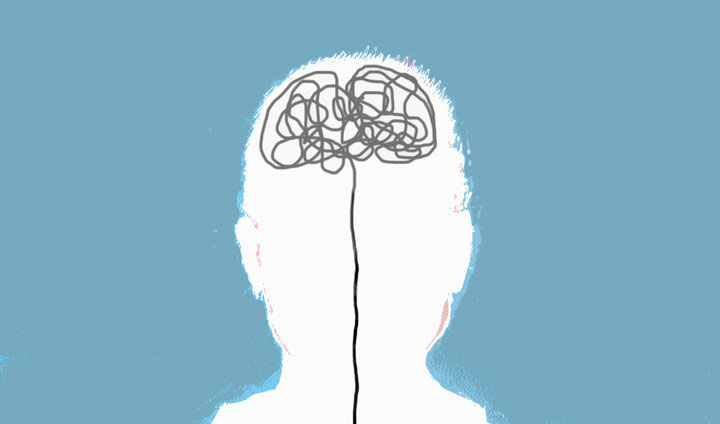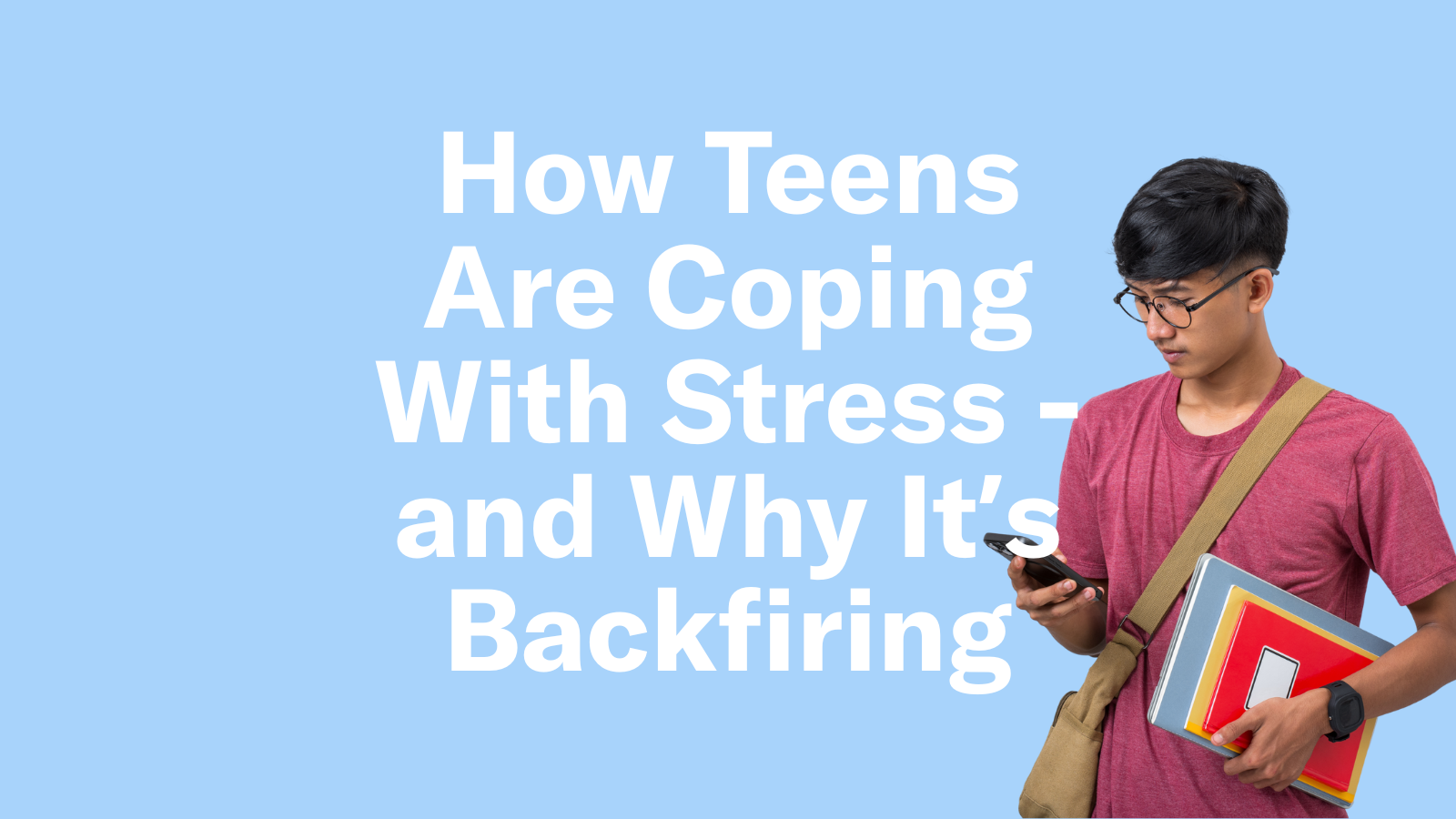By Lindsay Holmes, The Huffington Post
One in five American adults will experience a mental health disorder in a given year. That makes it highly likely many of us know someone who is dealing with a psychological condition. But when it comes to understanding these disorders, we often fall flat.
In honor of World Mental Health Day, we rounded up some of the most important mental health discoveries made this year. If anything, they’re proof that continued education and advocacy is critical when it comes to making life easier for those diagnosed:
1. Suicide rates are on the rise.
A report conducted by the U.S. Centers for Disease Control and Prevention and published this April found that suicide deaths are at a 15-year high. The biggest demographic rise was among girls, ages 10 to 14, who saw an astonishing 200 percent increase in suicide rates over the last several decades.
“Suicide is not just a mental health issue — it is a public health issue, and it is preventable,” Kristin Holland, a behavioral scientist in the CDC’s Division of Violence Prevention Surveillance, told The Huffington Post following the report.
2. The media is inaccurately representing mental illness and violence.
A Johns Hopkins University study published in June found that more than a third of news stories about mental illness linked a disorder with violence toward another person. That’s an overwhelmingly disproportionate figure when it’s compared with the actual rates of violence involving a person with a mental illness.
Research shows only 3 to 5 percent of all violent crimes can be attributed to a serious mental illness. In fact, people with a mental health disorder are more likely to be victims of violent crimes than the perpetrators.
3. Mental health disorders are the costliest health condition in America.
Research published earlier this summer in the journal Health Affairs found that the U.S. spent $201 billion on psychological disorders in 2013, the most recent year for which there is data. Not only that, a separate report conducted by the World Health Organization found that not treating mental health conditions like anxiety and depression can cost the world $1 trillion per year. Researchers say the price tag is a clear indication that more people need to recognize mental illness as a public health issue that requires sound policy and prevention ― just like heart disease or diabetes.
4. Doctors don’t take mental illness as seriously as they should.
Mental illness is a chronic condition, but you’d never know it based on doctor follow ups. Medical professionals neglect to follow up with their patients who have a depression diagnosis and are less likely to help them manage their illness, according to a study published in the journal Health Affairs in March. But those same physicians are more likely to engage in care strategies with patients who have physical illnesses like diabetes.
5. Mental health has not been given its due during the election cycle.
The political arena has been less than encouraging when it comes to comments on mental illness.
Republican presidential nominee Donald Trump has suggested that mental illness is the cause of gun violence, mocked Ted Cruz’s wife Heidi Cruz for experiencing depression and made unsavory comments about veterans who die by suicide. Former Democratic contender Sen. Bernie Sanders made a joke about psychological conditions when talking about the Republican party.
While mental health has been used to sling mud, it hasn’t been brought up in a serious policy-minded context in political debates ― a clear indication that there’s work to do.
Luckily, first lady Michelle Obama and President Barack Obama have taken a stand for better mental health reform and more accepting attitudes toward the conditions.
6. Celebrities have used their platforms for positive change.
It’s not all doom and gloom: This year, celebrities like “Stranger Things” actress Wynona Ryder, singer Zayn Malik and “Frozen” star Kristen Bell have all candidly opened up to the media and their fans about their experiences with mental health disorders.
Experts stress that public figures who use their mass reach for mental health advocacy can make a large impact. The more mental health is normalized in the national conversation, the easier it will be to break down the stereotypes.
“Celebrities who suffer with mental illness and are willing to talk about it send an important message,” Gregory Dalack, chair of the department of psychiatry at the University of Michigan, previously told HuffPost. “Having a mental illness does not mean that you cannot function at a high level and be successful.”
Of course, public conversation is only one part of a complicated equation. Society still has a long way to go when it comes to mental health overall. There’s always room for more research, legislation and compassion in order for people to take mental health as seriously as any other health condition ― just as it should be.
Read the original article in full on The Huffington Post’s website.





